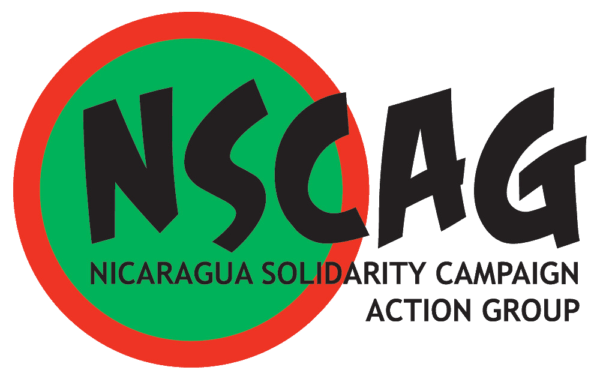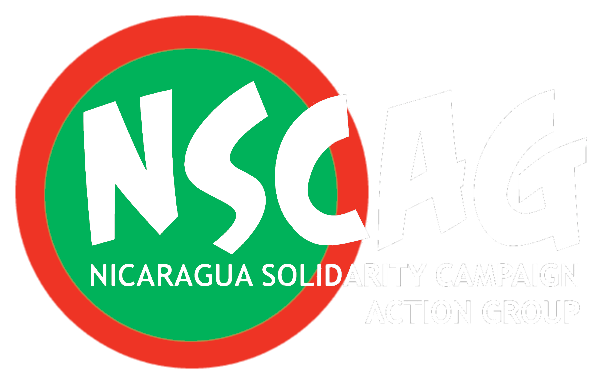Nicaragua Solidarity Campaign Action Group
21 July 2025
Nicaragua celebrates the 46th anniversary of the Sandinista Revolution

On the 19th July over fifty thousand Nicaraguans, the majority of them young, celebrated the 46th anniversary of the victory of Sandinista forces over the brutal 43-year Somoza dictatorship.
The endurance and tenacity of the Revolution founded on the principles of respect for national sovereignty, equality, and re-distribution of wealth, is a remarkable achievement that should be recognised as such globally.
In particular the celebrations were a recognition of the social progress since the Sandinistas returned to power in 2007, achievements that are all the more remarkable given the many ways in which the US has tried to destroy the Revolution by way of a US-backed attempted coup and a raft of sanctions (illegal coercive measures}. Over this period Nicaragua has also faced the consequences of the pandemic and the climate crisis.
These are some of the achievements made possible through a stable, well managed economy and comprehensive, well integrated development plans that focus on the fight against poverty by addressing the root causes.
- Nicaragua provides universal and free health care throughout the country, with 24 new hospitals, 182 maternity homes, over 3,000 health centres, and dramatic decreases in maternal and child mortality
- has universal and free education from preschool through technical colleges and universities
- is a pioneer in defending the rights of indigenous and Afro-descendant peoples, who have communal titles to a third of the national territory
- is a world leader in gender equality, ranking third for women in parliament, women’s educational achievement, and women in cabinet positions
- over 70% of its energy from renewable sources while 99% of homes have electricity
- builds and provides thousands of good quality, low-cost homes annually
- produces 90% of its own basic food
- has invested extensively in improving the national road network including for the first time connecting the Pacific and Caribbean Coasts.
- subsidises public transport to enable greater freedom of movement for all
- is a safe, peaceful country that welcomes tourists
- 70% of Nicaragua’s working population is employed in the social economy: small & medium businesses & farms, co-operatives, associations, and self-employed workers. The government provides training, credit and other forms of support in recognition of the sector’s importance in strengthening the economy and social cohesion.
- Nicaragua has strong international solidarity relations with Palestine
Key messages from the celebrations were recognising global and regional history of imperialism, its consequences, and resistance to it, (there IS an alternative as Nicaragua has shown ) and demonstrating that it is possible to respect historic heroes while at the same time cultivate the involvement and leadership of young people.
Passing the torch to the younger generation of revolutionaries is not a theoretical notion but is already happening. As Becca Renk explains, the Sandinista Revolution is ‘not only revolutionary, but evolutionary. It is continually evolving to meet the changing needs of its people, and its youth in particular.’
Ending his July 19th July speech on the theme of peace, Daniel Ortega called for a re-founding of the UN to create a body capable of preventing and ending conflicts. This was a theme taken up by former Nicaraguan foreign minister Miguel D’Escoto during his presidency of the UN General Assembly in 2009.
‘Peace will have to come, Peace will have to come! and with all these complex, difficult, terrible situations that are being experienced, this United Nations will have to come to an end and another United Nations body will have to be created, a new United Nations, capable of being an instruments that gives security to all nations, able to be an Instrument that can where others are killing people, and stop those crimes.’

